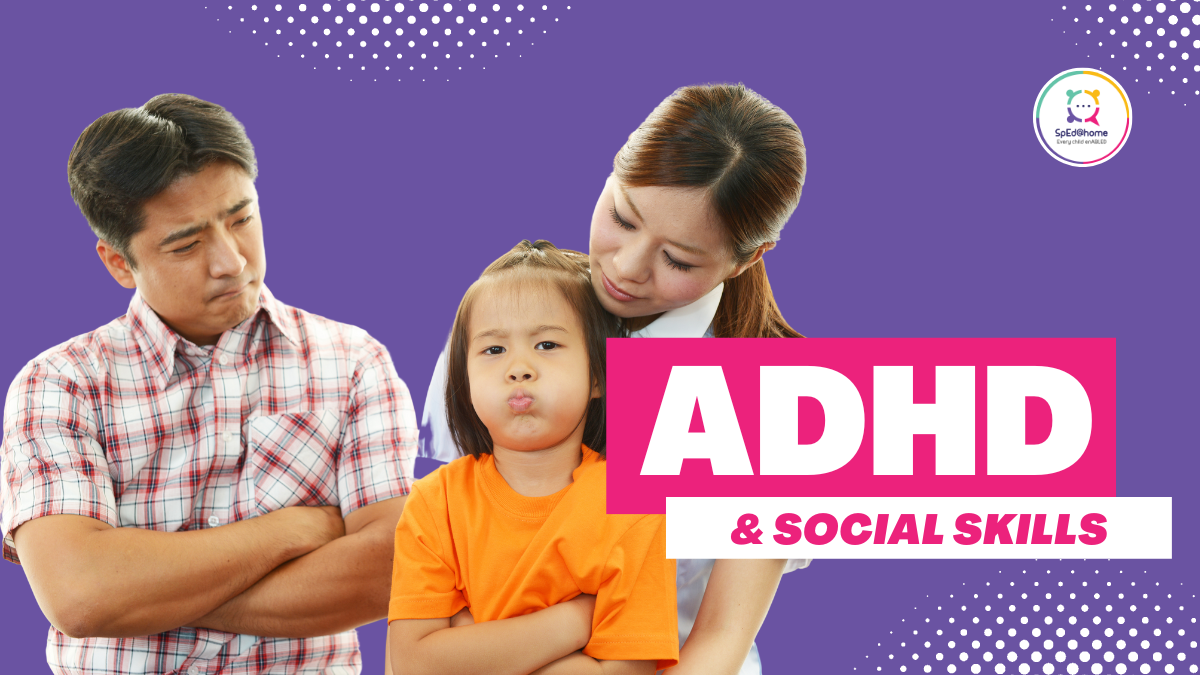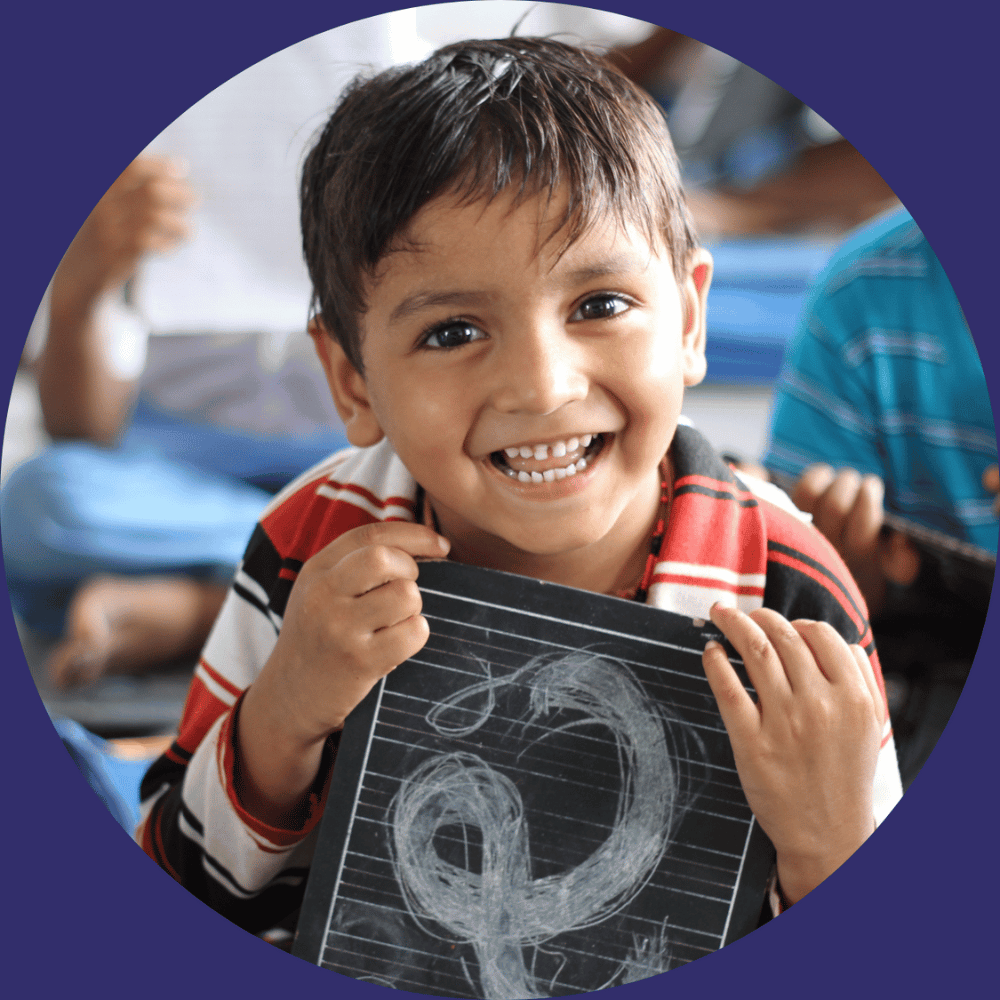Typically, children with ADHD show behavioral traits like impulsiveness, hyperactivity, and lack of focus. These children also show poor performance in school and have learning difficulties. However, one of the biggest hurdles faced by children with ADHD is initiating and sustaining social relationships. This is known to have the most impact on their lives.
How are social skills impacted in children with ADHD?
Too impulsive
Kids displaying signs of ADHD are known to be impulsive and impatient when it comes to waiting in queues. They are bad listeners and are known to interrupt people while talking. This leads to people feeling disrespected or under-valued. They also find it difficult to share their things with other students making them look selfish or greedy.
Body language
Besides verbal communication body language plays are major role in social settings. Children with ADHD find it difficult to follow social cues in the form of body language and may not understand if they upset somebody.
Forgetful and unreliable
Children with ADHD show difficulty when trying to organize and remember tasks. They are forgetful, don’t show up for their friends, and often forget to do their bit when assigned any work. This makes them look careless and undependable. This leads to other students shunning them out of social groups or school activities requiring making groups.
It is important to understand that while these behavioral traits make students with ADHD seem careless and unreliable, the student is simply functioning on a neurological and biological condition. Therapy and interventional strategies help students hone their social skills and encourage budding social relationships. Children with ADHD
However, while these behaviours may appear as careless or unreliable, the student simply is unable to factor in the processes necessary to behave appropriately. ADHD therapy and interventional strategies can go a long way in helping students pay more attention and adapt better to social situations. Intervention by parents and teachers can help other students understand the behavioral tendencies of ADHD children. Behavioral therapists can devise strategies to help ADHD children have better social relationships.












